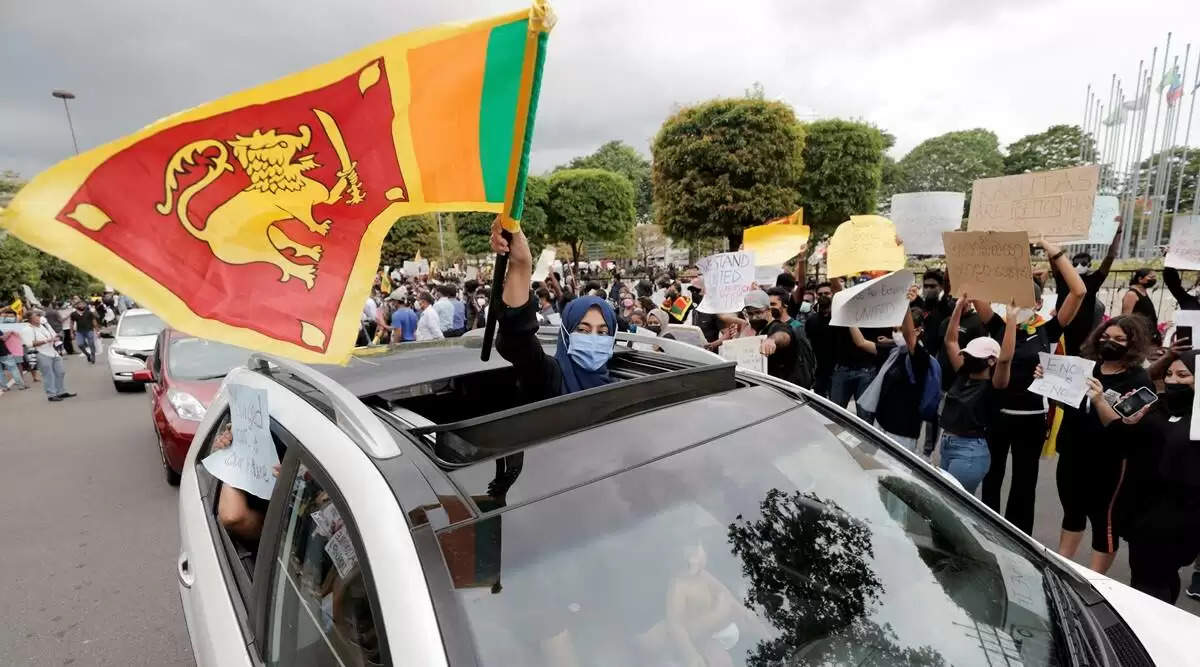President Gotabaya Rajapaksa of Sri Lanka has lifted the state of emergency.

President Gotabaya Rajapaksa of Sri Lanka lifted the state of emergency he established on April 1 with immediate effect late Tuesday night in his island nation.
The president stated he had revoked the emergency rule decree, which gives security forces broad powers to quell any unrest in the country, in a gazette notification no 2274/10 published on Tuesday night.
In the wake of a wave of protests over the country's greatest economic crisis, President Rajapaksa announced a state of emergency on April 1.
The state of emergency was declared in response to large-scale protests scheduled for April 3 over the people's current economic problems.
Later, the authorities enforced a curfew across the entire island. Despite the curfew and state of emergency, protests continued, with key ruling party leaders having their residences encircled by irate protestors demanding solutions to the economic crisis.
As the agitation became more violent, several persons were hurt and vehicles were set on fire. After pulling down a steel barricade near the president's mansion, police fired tear gas and water cannons at the protesters. Several persons were arrested as a result of the incident, and a curfew was briefly imposed in most districts of Colombo.
Sri Lanka is experiencing a lack of vital items such as fuel and cooking gas due to a foreign exchange crisis. Power outages that can last up to 13 hours per day are common.
The cancellation of the gazette is significant since the ruling coalition appears to have lost its majority in the 225-member Parliament, with over 40 MPs proclaiming independence.
The assembly must ratify the emergency approval within two weeks of its taking effect.
On Monday, the opposition urged that the emergency be debated in Parliament before it was approved.
The ruling Sri Lanka People's Party (SLPP) coalition's second-largest faction has publicly informed Rajapaksa that their 14 members would not support the motion.
There was a danger that emergency measures would not be passed in the assembly if those who declared independence did not vote with the government.
Rajapaksa has defended his government's actions, claiming that the foreign exchange issue was not his fault and that the island's tourism revenue and inward remittances dwindled as a result of the pandemic.
.png)